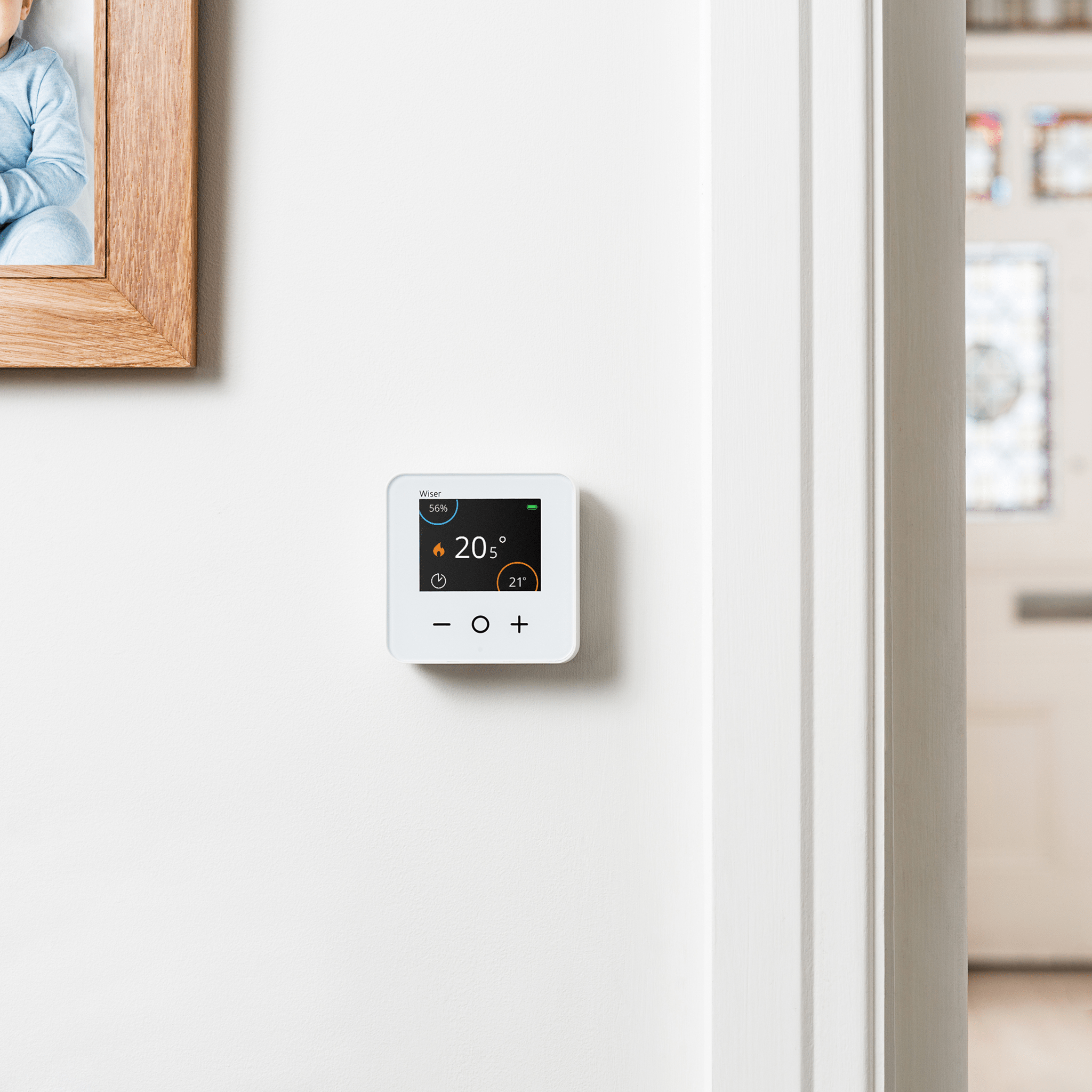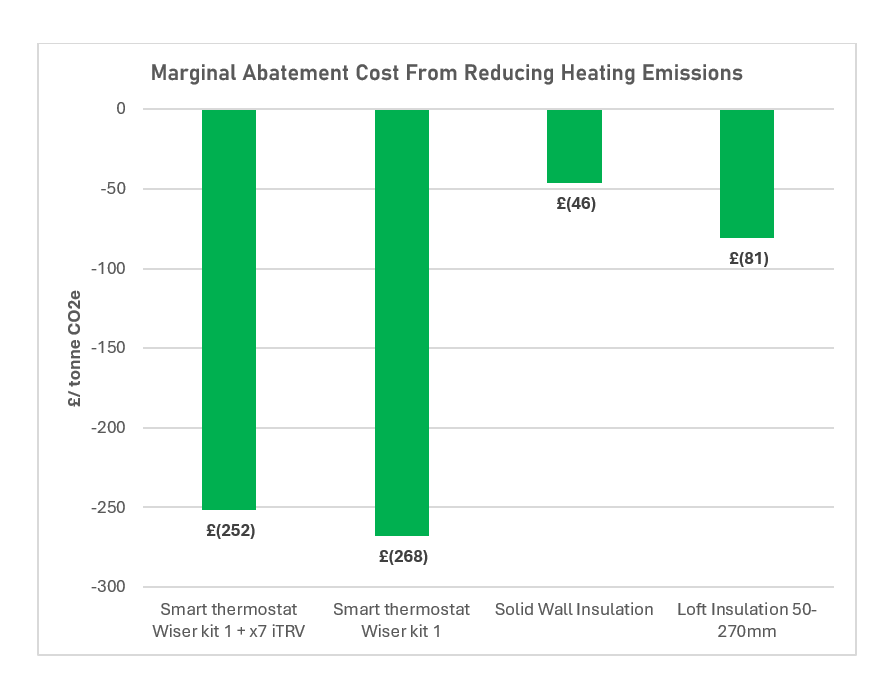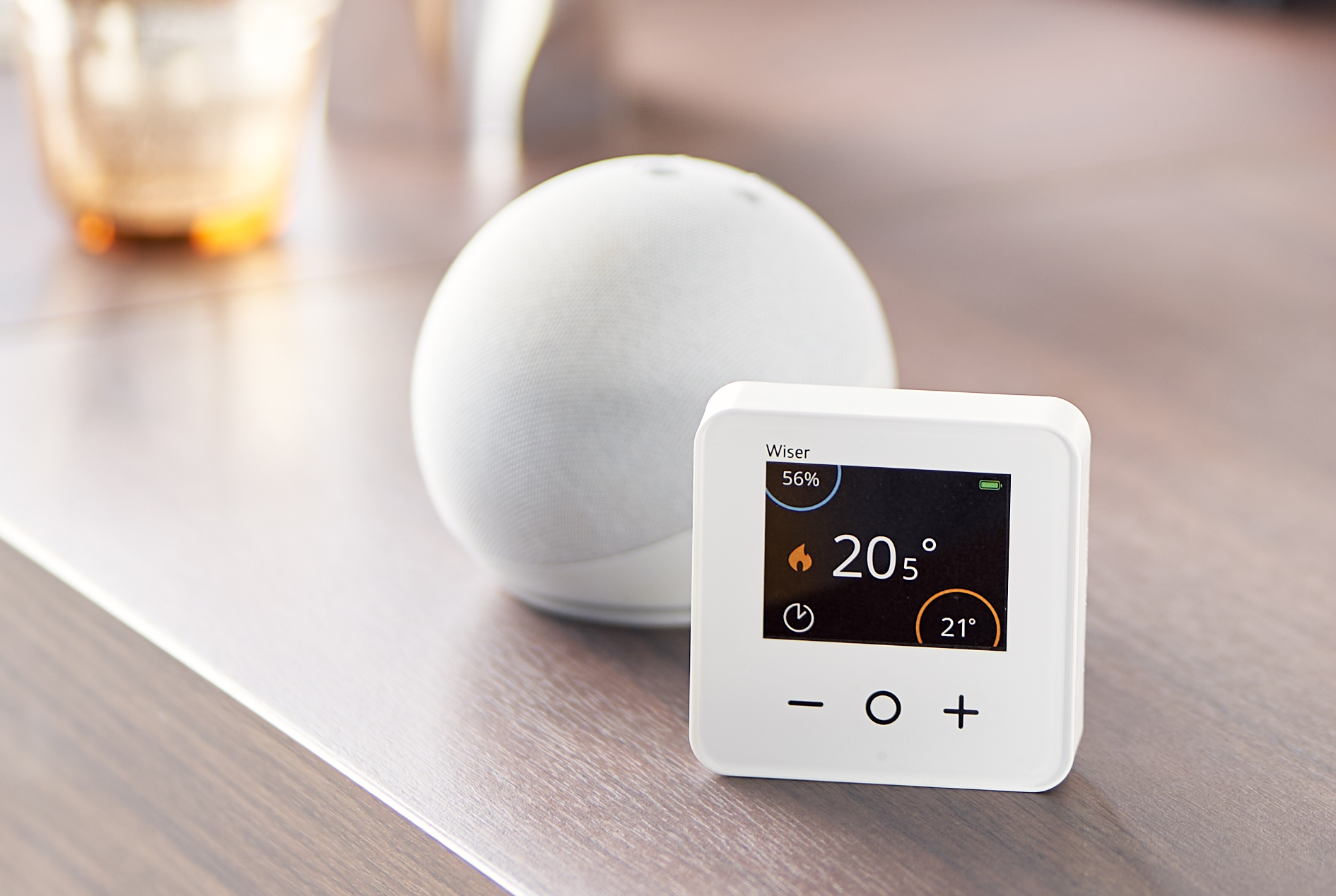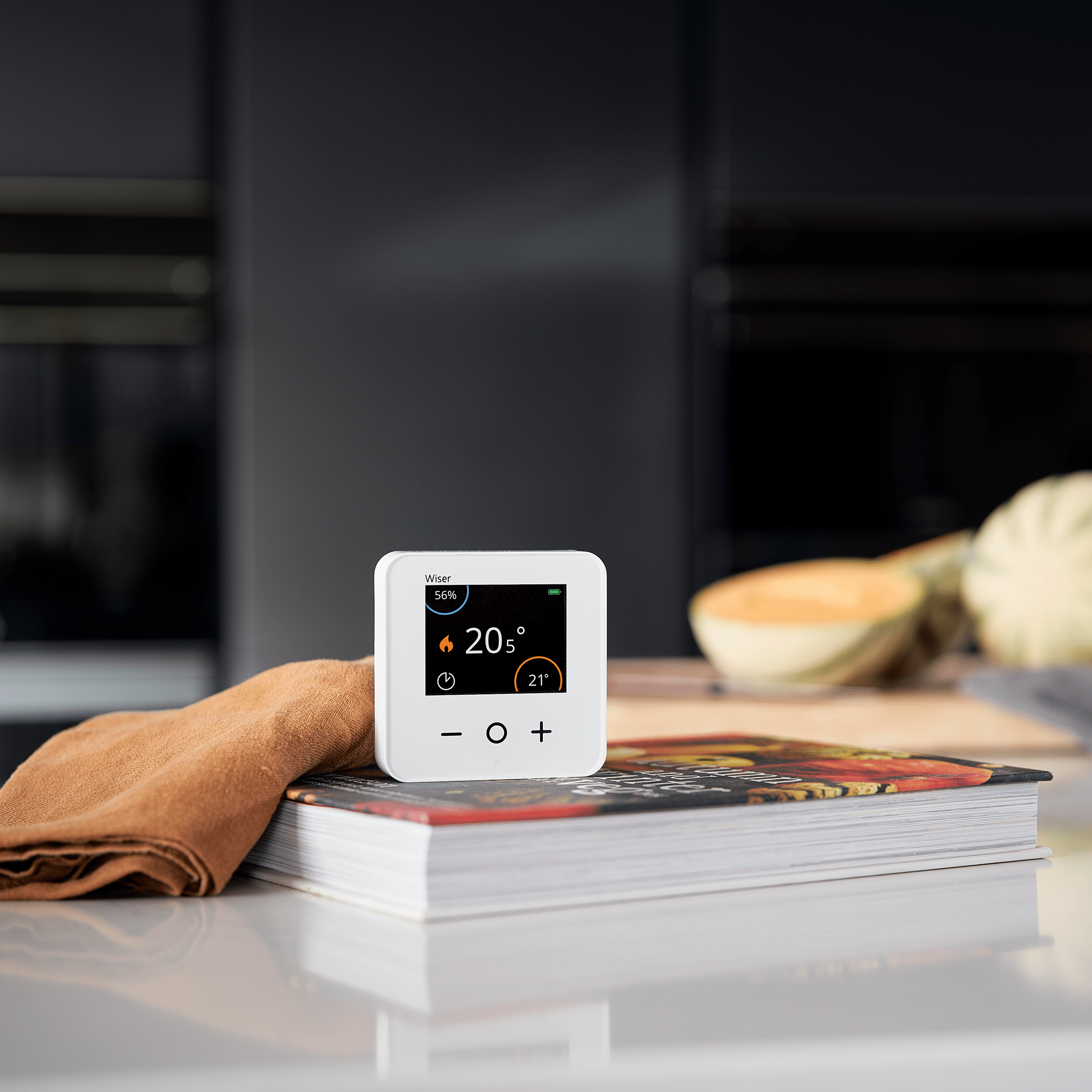
Big Energy Saving Week 2026: 7 Smart Ways to Cut Heating Costs and Carbon
Discover 7 practical heating tips to save energy, lower bills, and reduce your carbon footprint this Big Energy Saving Week. Plus get 25% off our top Wiser add-ons!

Proud Partner of Plymouth Argyle – Bringing Smart Heating Comfort Home
Discover Drayton’s new partnership with Plymouth Argyle, promoting smart, energy‑efficient home heating and supporting community-focused organisations.

Smart Heating for Holiday Homes and Airbnb
Discover how Wiser smart heating helps holiday home and Airbnb owners save energy, cut costs, and keep guests perfectly comfortable.

Wiser 2nd Generation: Highly Commended at the Energy Saving Awards 2025
Wiser 2nd Generation has been Highly Commended at the 2025 Energy Saving Awards! Find out why it's a smarter, more efficient and cost-effective solution.

Why Our Smart Controls Are More Cost-effective Than Insulation: MACC Findings Explained
Wiser's smart heating MACC data shows it's more cost-effective on average than insulation per tonne of CO₂e abated, reducing bills and emissions for a lower setup cost.

Control Your Heating with an Alexa Thermostat
Control your heating with an Alexa thermostat. Discover how Alexa smart thermostats make home heating effortless, efficient, and voice-controlled.

How Underfloor Heating and Smart Thermostats Work Together
Discover how Wiser smart thermostats control underfloor heating for comfort, efficiency, and total home heating control.

Wiser Makes Finalist List in 3 Big 2025 Housing Awards
We're thrilled to let you know that Wiser 2nd Generation products are finalists in three separate awards, with winners to be announced in coming weeks.

The Hidden Cost of Smart Heating – Why Wiser’s Still Subscription-free
Discover what features some smart heating brands are charging their uses for, and why Wiser's smart heating doesn't charge extra for multi-room control.

How To Set Schedules for Maximum Heating Efficiency
Learn how to use a Wiser smart thermostat to create efficient heating schedules, save energy, and keep your home perfectly warm.

Smart Heating for Landlords: Save Energy & Costs
Discover how Wiser smart heating helps landlords cut energy costs, boost efficiency, and keep tenants comfortable year-round.

An Iconic Partnership: Schneider Electric & Kew Gardens Powering a Greener Future
As part of Schneider Electric, we're proud to announce its partnership with Kew Gardens to help them achieve climate positivity by 2030 through smart energy and decarbonisation solutions.




